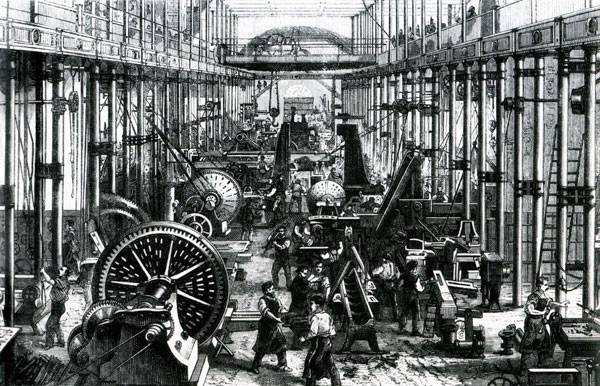As investors in scalable businesses, we love the benefits of technology, which helps to create massive positive impact at scale. We appreciate how software can personalize our experience and even learn over time. We are also active investors in companies using connected devices and so understand the benefits of how atoms work with bits. But your company, as an entire entity, is not a machine.
The idea of a company as machine dates back to the industrial economy and it did not disappear as we transitioned to a service economy. There is a reason why customer experiences in service industries as diverse as banks and airlines are generally terrible. The companies view themselves as machines with employees as cogs and customers as throughput. Even our education and healthcare systems are still struggling to evolve past the outdated view of churning through people like widgets.
One would think that modern technology companies would be different given the need to attract younger employees and customers. But many of these companies actually forget that technology is supposed to support people rather than people supporting technology. The emphasis is still on factories, engines and processes even though the technology is different. While these may only be words, words build habits and habits create lasting outcomes.
So what should the vocabulary be instead? Clearly the network is the defining structure of the information economy, replacing the factory. Whereas the factory worked through engines and processes, the network works via emergence and relationships. Ultimately, a human focused perspective works best. People first.
The bad news for society is that a people first approach is still rare. The good news for you is that a people first approach is a competitive advantage precisely because it is rare. So forget the tired industrial economy metaphors and make sure your company has a human focused perspective. It’s good for you and good for society.
